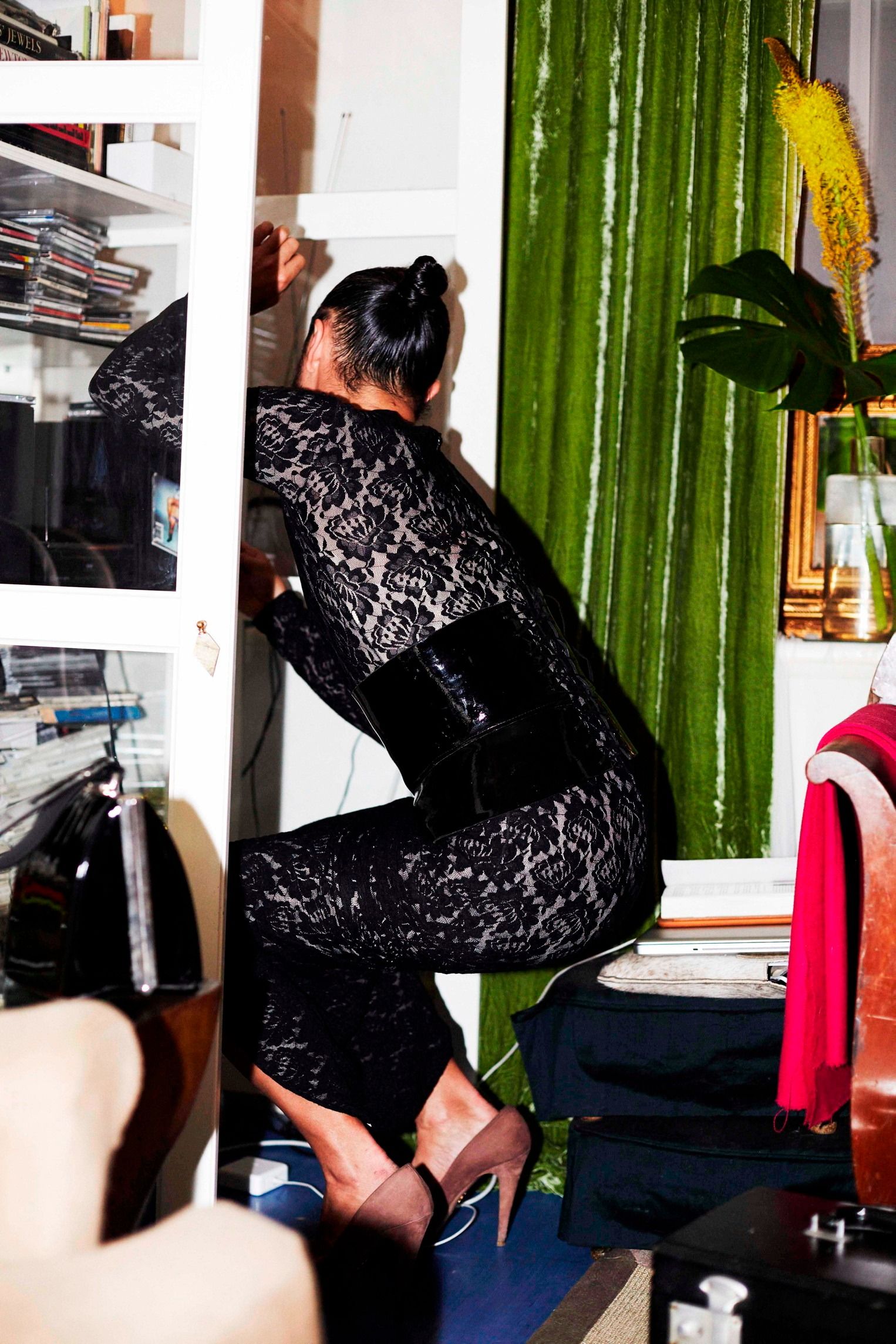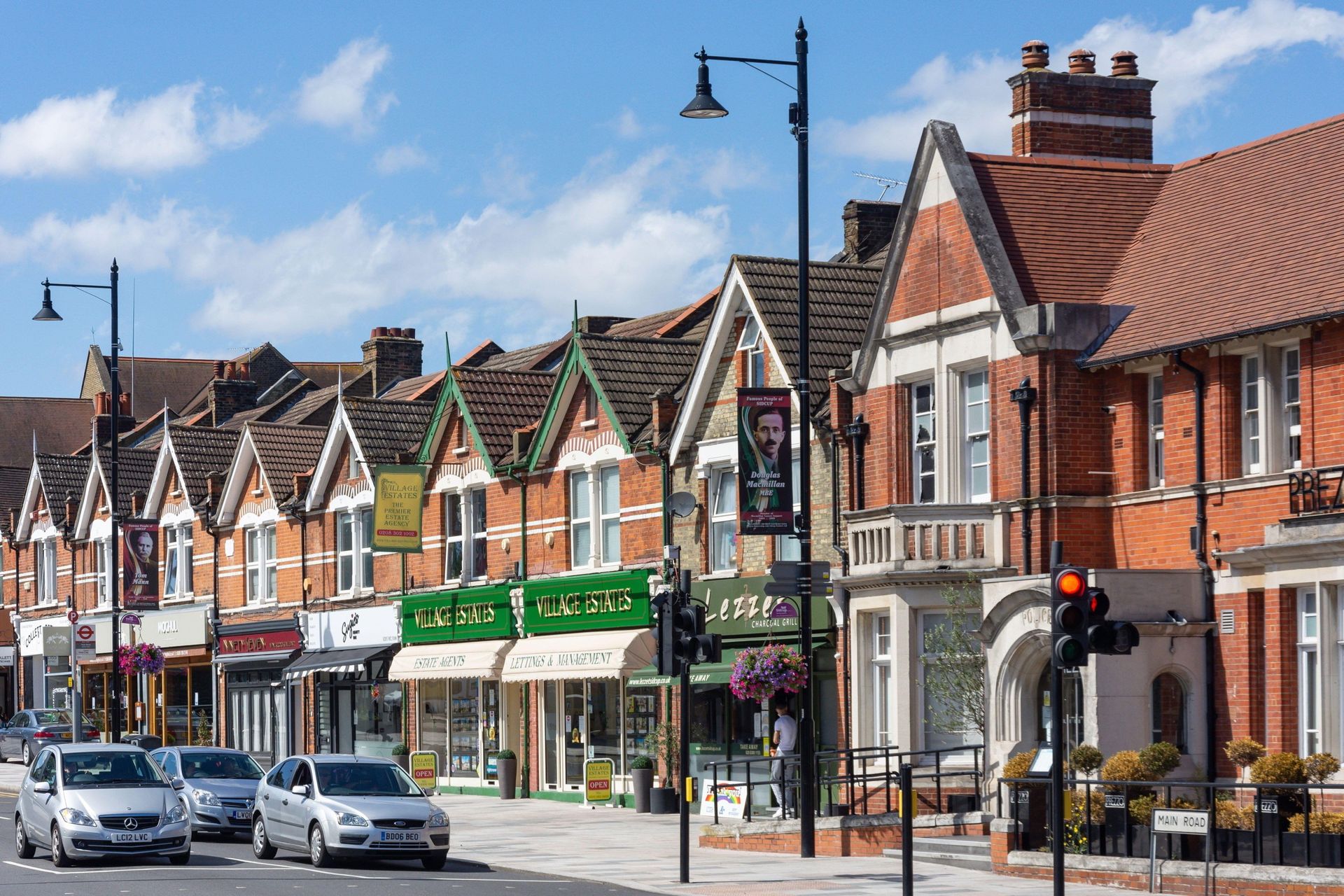Everyone is drinking and singing along — badly — to karaoke classics in the parents’ bedroom. There’s an old Nintendo 64 in the corner. Red Solo cups litter the beer pong table and you can hear the bass of someone’s terrible AUX cord song choice in the soles of your feet. You know next to nobody here. You lost your friend in the queue for the toilets and now you’re frantically texting them from a corner of the kitchen while trying to ignore the strangers snogging each other next to you. Several people are vaping in what they think is a surreptitious way, so they don’t get told off. This is, for all intents and purposes, a house party. In a sense. It’s just not a real one.
This is House Party, a club that opened a few weeks ago in Soho, which bills itself as “the ultimate house party experience in London”. Perhaps unsurprisingly, it self-identifies as a “new and disruptive concept” (a series of words which mean absolutely nothing).
“I’ve always loved the energy of a classic house party — it’s where the best memories are made,” said co-founder Stormzy in a pre-released statement to coincide with House Party’s launch. “We wanted to create a nostalgic experience where everyone is welcome, and no two nights are the same. We all know everyone wants to go to a house party, nobody really wants to host one — and this is exactly what this house is for.”
There is some truth in this press release. No one under the age of 45 wants to host house parties any more. Or perhaps more accurately — even if they wanted to, many couldn’t. Blame exorbitant rents pushing people out of town or into flats they certainly don’t want to damage. Blame house prices; fewer young people own houses to even have a party. The house party in all its sweaty, drunken, bombastic chaos is a dying art. So much so that those of us lusting after the dream of hosting pre-drinks in our own homes will trek into central London and pay upwards of a tenner for a drink (plus cover charge) to act out this experience instead.
Located on Poland Street, House Party is the zenith of Secret Cinema culture; the natural end point of the ‘‘immersive experience”; almost impressive in its attempt to monetise sentimentality. A seven-floor nightclub with bouncers outside (“no smoking indoors please, mum will kill me”, has become “no smoking indoors please, we’ll lose our licence”). “Our house. Your party”, it tells punters, who can, for a price, hang around in a fake basement or a fake living room — or hire it out for corporate and private events.
House Party is the swan song, or perhaps the dying whale noise, for real house party culture, whose demise has long been prophesied.
As far back as 2015, The New York Times was publishing eulogies for the house party, pointing out that for Zoomers, debauchery generally has somewhat lost its sheen; Gen Z drinks far less than its hard-partying, binge-happy millennial predecessors — in the US the number of high school seniors who said they never attended parties was cited as being a sobering 41.3 per cent, according to a University of California survey. Likewise, almost half of Britain’s youngest boozers — 44 per cent of 18 to 24-year-olds — consider themselves to be either occasional or regular drinkers of “alcohol alternatives”, according to a 2024 YouGov survey. It also found that the age group was the most sober overall, with 39 per cent not drinking alcohol at all. Given that they’re paying more for both university and rent, it’s hard to blame them.
Yet their predecessors, millennials, are hardly still fighting the good fight for the house party either. This generation isn’t hosting ragers either, but it’s not alcohol related. We’re more likely to head into central London to spend eight quid on a pint, or hundreds on a curated immersive experience in Poland Street, clearly.

‘Who can afford to own a house any more?’
Rebecca Zephyr Thomas
‘Some of us may do but is it a little off to celebrate that by opening your home up to renting friends every weekend?’
Rebecca Zephyr ThomasAs a spokesperson (they prefer “housemates”) from House Party creator Cream Group put it, with ominous brevity, when I asked about the appeal of the club: “Who can afford to own a house any more?”
Not millennials, apparently. Home ownership among younger people has been in decline over the past 20 years, suggests a recent Building Societies Association’s report. For millennials, 39 per cent own a home, according to data from the Institute for Fiscal Studies; data from Zoopla shows that among those who don’t own, 42 per cent have given up hope.
Soho’s House Party is the swan song, or perhaps the dying whale noise, for real house party culture, whose demise has long been prophesied
Of course, it’s not as simple as a generational issue. As millennials have reached the crucial age of 28-44, it’s become a class-based one. House prices have risen more steeply than salaries, to the extent that more than a third of first-time buyers turn to the bank of mum and dad. In other words, some of us own homes but of those who do, is it a little off to celebrate the privilege by opening your home up to renting friends every weekend?
A question for the millennials among us, homeowners and renters alike: When was the last time you were at a proper, good house party? When was the last time you were at a proper, bad house party, even? If your memory is hazy in placing either of these things, I would suggest it has little to do with badly mixed own-brand supermarket vodka squash and more to do with the fact it was a depressingly long time ago.
My memories of both varieties of house party — similarly hazy — all share a common thread. There was the time my friend put his foot through a glass patio door while drunk and missed a week of school. There was the minor diplomatic incident I caused with a uni flatmate’s policeman boyfriend when I hosted a small (tiny really, don’t know what his problem was) St Patrick’s Day party, when he decided he hated both listening to the Wolfe Tones and drinking rocket fuel tricolour jelly shots. There was the time I accidentally got my colleague in trouble for doing karaoke on a Wednesday night at 3am in Bethnal Green — because his next-door neighbour’s baby was sleeping.

All of these incidents caused damage in some way — to neighbourhood relations, to my professional reputation, to patio doors, to the peace process — but in all of them the danger was offset by the material and financial reality of the partygoers. The mum with the broken patio door had house insurance. My university flat was so damp the white walls were practically tricolours themselves. I didn’t really care about my friend’s flat in Bethnal Green. The reward outweighed the risk.
I have never had a house party in my current flat, where the rent is so high that if I think about it too long or too hard I’m filled with debilitating ennui. A party risks damage, damage risks annoying my landlord and that risks triggering my eviction into a brutally competitive rental market where I’d be paying even more than I am currently.
I also live in the depths of south London, where nobody wants to come, unless they also live in the depths of south London. This, too, is motivated by the same housing crisis that has stolen the art of a house party from us.
On average, London asking rents now average £32,000 annually according to Rightmove, by far the most expensive rate in the UK. The average rental prices in the city have increased in the past year by 4 per cent. It should also be noted that this is not a problem specific to London — there’s a similar situation in the US, too. As the FT reported in May, in Manhattan there were, somehow, 50 active rentals over $50,000 per month on the market, with 20 recently rented at an average asking price of $75,000 per month. Meanwhile, last year average rents hit close to $6,000 a month, a year ago — up 30 per cent compared with 2019, with studios more than $3,000.

It used to be that to avoid the price of living in London at least you could go “further out”, or stay “close” to town but live in more and more inhospitable places. A fun example: when I was priced out of Bethnal Green, I lived above a pub in Hackney, with two windows and a boiler that leaked carbon monoxide into our bedrooms. Today even this is a hack that no longer works. Outside the city rents have also hit record highs of £1,316 per month countrywide, according to Rightmove data. Advertised rents outside of London are around 7 per cent higher than a year ago. There is no point, in other words, in fleeing to where pints are cheaper. The hypothetical after-parties will still be expensive. Zoopla’s analysis shows that the lowest monthly rents in London are currently found in Bexley, Croydon, Sutton, Havering and Bromley.
Of these, the cheapest, Bexley, has average rents of £1,520. There is nothing wrong with Bexley. Nor with Croydon, Sutton, Havering and Bromley. But these places should not be filled to bursting with young, hard-partying professionals who are pushing up rent prices further and further into Zone 6, pricing out the people who already live in what until recently would have been classed as Greater London suburbs.
In these once-suburbs, surrounded often by young families suffering under the same financial pressures of the private rental market, house parties are restricted by the long arm of the law. More specifically, by noise complaints. Where my colleague’s neighbour once simply contented himself with screaming at us all from the street for being selfish brats (he was right), under greater financial pressures, tenants and homeowners alike are now going straight to the police and the council. London receives the most noise complaints in the UK, recording nearly 152,000 in the year to June 2022, according to research by insurance company Direct Line — a third of the total for the UK that year.
A party risks damage, damage risks annoying my landlord and that risks triggering my eviction into a brutally competitive rental market
Against that bleak picture, it’s perhaps understandable that ventures like House Party, dystopian as though they may be, can exist and even flourish.
They’ve given us a space where we’re meant to “lose yourself in nostalgia and embrace the chaos that you can only find at a mate’s house party”. But it’s not a mate’s house party. Because your mates can’t have them any more.
I don’t want to believe that the obsolescence of house party culture is permanent as ardently as I want to believe the housing crisis and private rental market is salvageable in its current state. We should refuse to eulogise the house party, and have more of them that aren’t Soho simulacrums. Just not round my house. TfL selfishly won’t install a Tube line that reaches me and my next-door neighbour’s just selfishly given birth.
Find out about our latest stories first — follow @FTProperty on Twitter or @ft_houseandhome on Instagram